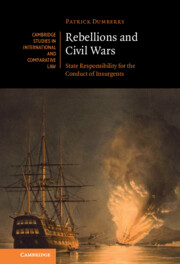This article examines the recent work of the ILC on ‘Succession of States in Respect of State Responsibility’. While the ILC decided in 2024 to stop working on the topic, the five reports submitted by Special Rapporteur Šturma and the Guidelines provisionally adopted will have a long-lasting impact on state succession scholarship and may influence states in their practice. This article provides a critical analysis of the Guidelines by comparing its content with the Resolution adopted by the Institute of International Law in 2015 on the same issue. It will show that while the solutions which were initially put forward by Special Rapporteur Šturma in his reports followed many of the same features as the Institute’s Resolution, the final version of the Guidelines are significantly different in both content and tone. A major shift occurred when each provision was examined by the Drafting Committee. This is because some ILC members, and many states, rejected any presumption of succession to responsibility. Instead, they favoured the opposite general rule of nonsuccession. As a result, none of the provisions provisionally adopted by the ILC impose any obligations whatsoever on states. They only go so far as to encourage them to reach agreements on matters of succession to responsibility. Ultimately, the Guidelines leave wide open the possibility that a wrong remains unpunished in the context of a succession of states. As such, the Guidelines do little to protect the interests of injured states.
